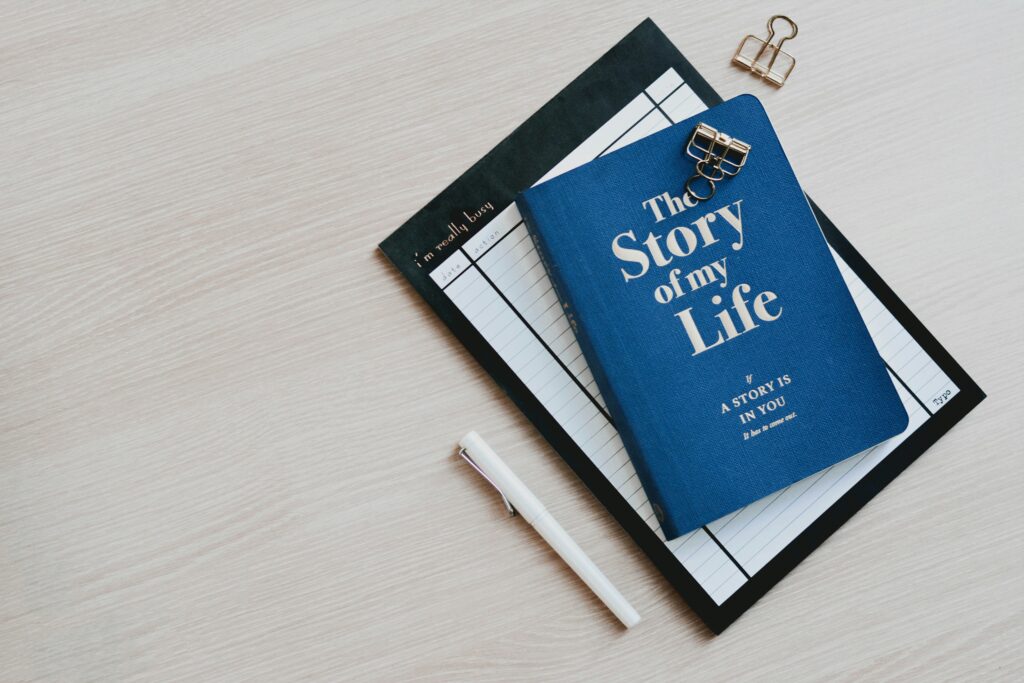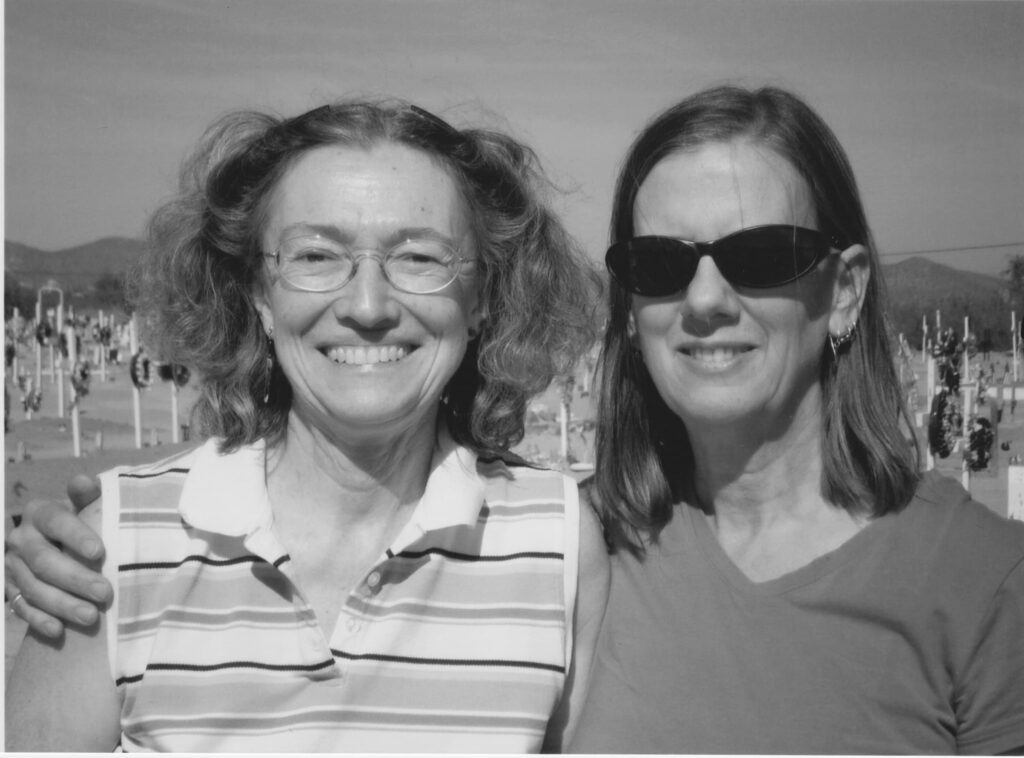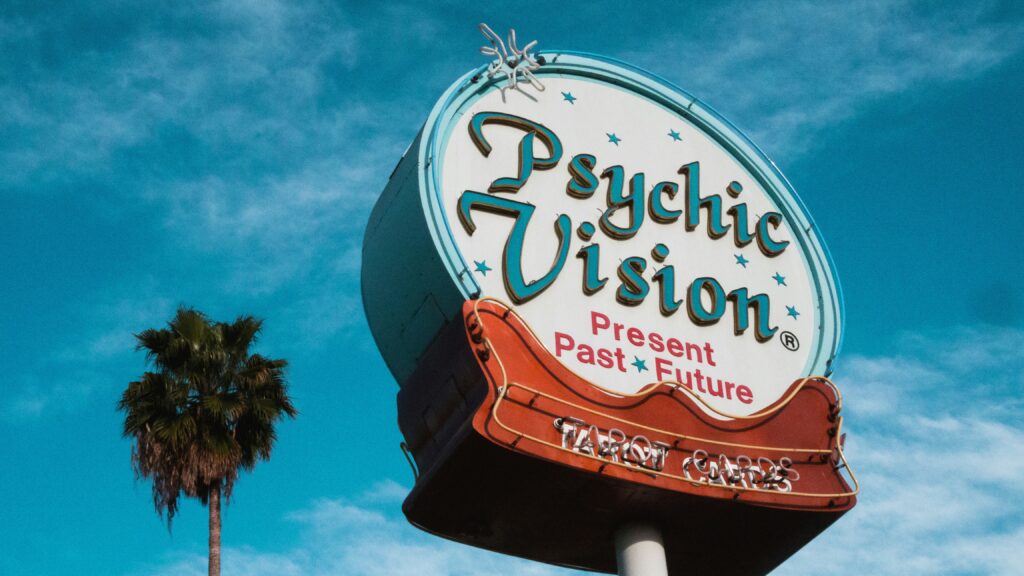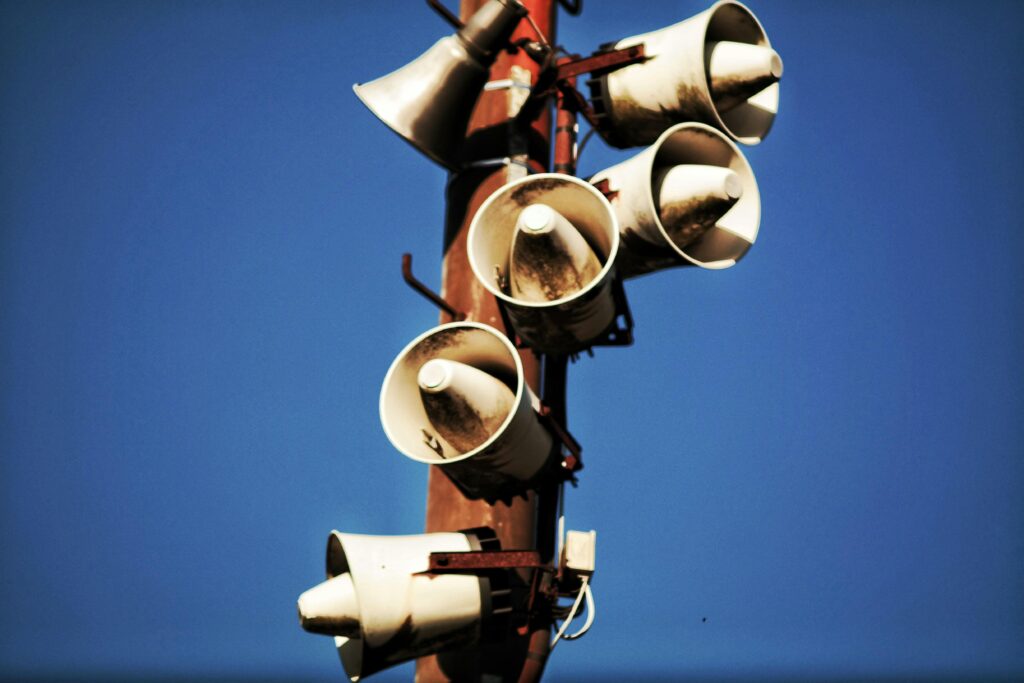Creative Nonfiction
How to Write a Story Outline
The story outline is a tool to scaffold your story idea into a polished work of fiction. By creating your own story outline, you can give yourself a trellis to…
Read MoreWhat is Freewriting? + Prompts to Elevate Your Writing Process
If you’re trying to write but can’t get the words flowing, freewriting can jumpstart the writing process. Freewriting is a no-pressure method of simply getting words on the page: similar…
Read MoreBest Online Writing Communities: How to Find Your Writers Group
The best online writing communities connect you to the literary world at large, supporting your craft and creativity while helping your voice be heard. At the same time, the internet…
Read MoreFlash Nonfiction: The Craft of Tiny Truths
Flash nonfiction is an emerging literary genre that combines the concision of flash fiction with the truth-seeking qualities of creative nonfiction. By using as few words as possible to strike…
Read MoreHow To Write a Book About Your Life: 8 Steps to Writing Your Memoir
Writing a book about your life is an intense experience. As you learn how to write your life story, you’ll also be confronting uncomfortable truths about yourself, possibly learning new…
Read MoreMemoir Vs Autobiography Vs Biography: The Craft of Nonfiction Books
What is the difference between a memoir vs autobiography vs biography? These three categories of nonfiction describe different approaches to telling your life’s story. But while these books all sit…
Read MoreInterview: Barbara Henning on “Girlfriend” and the Craft of Poetic Memoir
[Photo: Barbara Henning (right) with poet Maureen Owen (left)] Our selves are collages of the people that impact us; we are products of every person we have met. To put…
Read MoreWhat Else? – How Research Makes Meaning
Since all the essays in my new collection, Shelter and Storm: At Home in the Driftless, incorporate facts I learned from asking experts, reading scholarly works, or rooting around in…
Read MoreTruth in Possibility: Writing Speculative Nonfiction
Speculative nonfiction is an emerging genre of literature that empowers writers to incorporate imagination, wondering, and non-shared realities into works of creative nonfiction. By writing into the realm of possibility,…
Read MoreSound Devices in Poetry and Literature
Although literature exists on the page, poetry and prose are both sonic artforms, each enhanced by the use of sound devices. Indeed, poems and stories used to be developed as…
Read More









